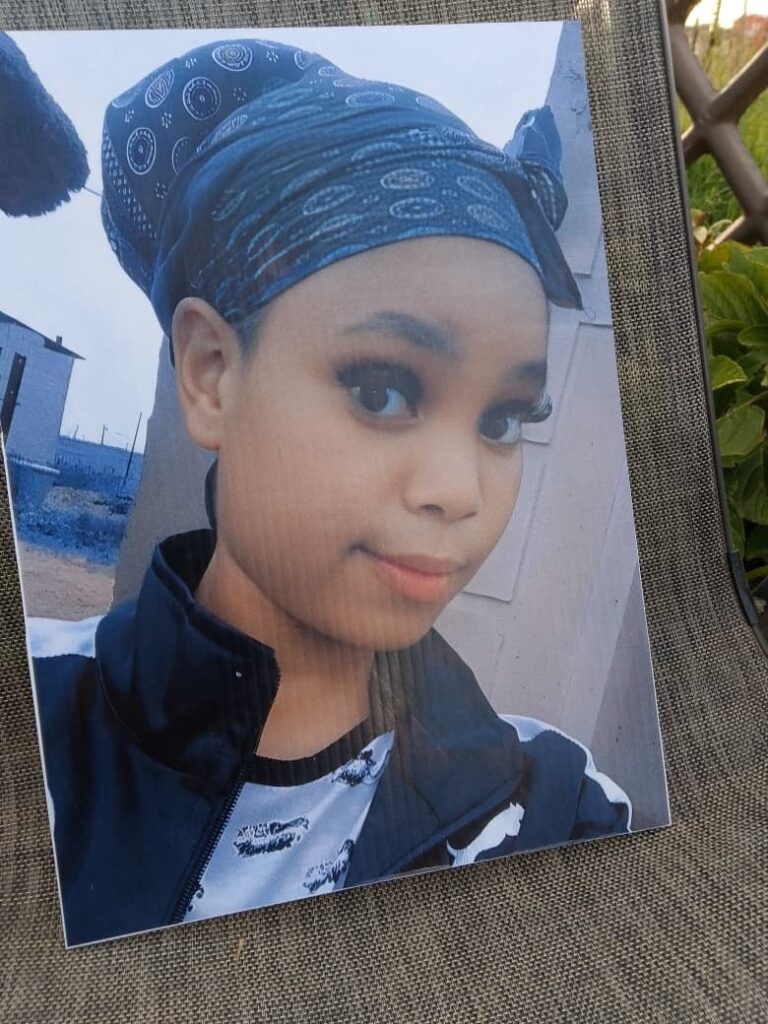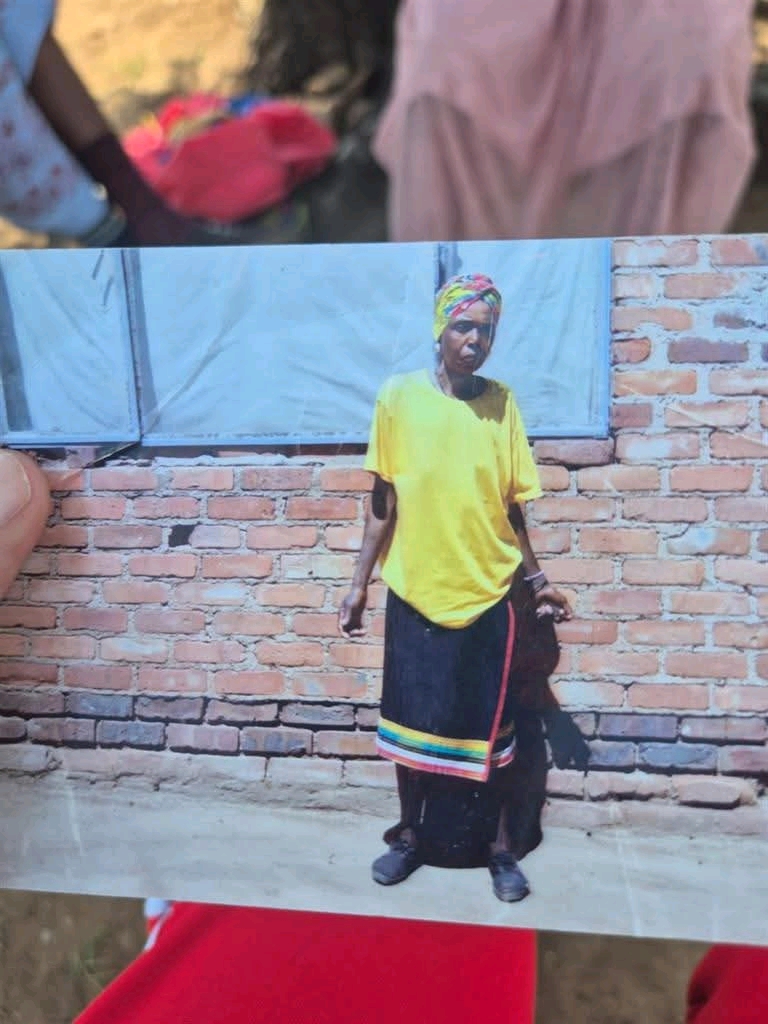
A disturbing case has emerged from the South African Police Service (SAPS) training academy, where a 20-year-old female trainee has accused a senior officer of rape and intimidation. The incident, which has sparked widespread outrage, underscores persistent concerns over power abuse and sexual violence within institutions of authority.
According to sources close to the investigation, the young woman, who is undergoing police training to serve in the SAPS, reported that she was sexually assaulted by her captain. The alleged assault reportedly occurred within the confines of the training academy, a place expected to uphold discipline, protection, and justice. In her complaint, the trainee stated that her captain coerced her into silence by threatening to have her dismissed from the academy if she did not comply with his demands.
The accused officer, who holds a position of authority over trainees, was arrested following the complaint. Law enforcement confirmed the arrest and stated that the matter is being treated with the utmost seriousness. The case is currently under investigation by SAPS’ internal and criminal units, and the suspect is expected to appear in court soon.
This case has reignited debates over the safety and accountability of women in law enforcement spaces. The police training environment, which should nurture discipline, professional ethics, and mutual respect, has instead become a place of fear and exploitation for some, critics argue.
Women’s rights groups and civil society organizations have condemned the incident, calling for swift justice and greater protections for women in uniform. “It is unacceptable that someone entrusted with the training and development of future officers would abuse that power in such a despicable way,” said one spokesperson for a national women’s advocacy group. “We are calling on SAPS to not only ensure justice is served in this case but also to conduct a full review of safety protocols and reporting procedures for trainees.”
SAPS management has responded by confirming the arrest and reiterating its commitment to rooting out misconduct within its ranks. “We take these allegations extremely seriously. An officer in a position of trust should be held to the highest standards. Any breach of those standards is intolerable,” a SAPS spokesperson said in a public statement.
The case has also raised questions about how accessible and safe it is for victims of abuse within the SAPS to come forward. Experts suggest that fear of retaliation, career sabotage, or not being believed often discourages victims from speaking out—especially when the perpetrator holds a position of power.
As the investigation continues, support services have been made available to the victim, and she is reportedly receiving counseling. The outcome of the legal process will be closely watched, as it may set a precedent for future accountability within the police force.
The incident has highlighted the urgent need for structural reforms, transparency, and stronger protections for all members of law enforcement—especially those still in training and particularly vulnerable to abuses of power.





